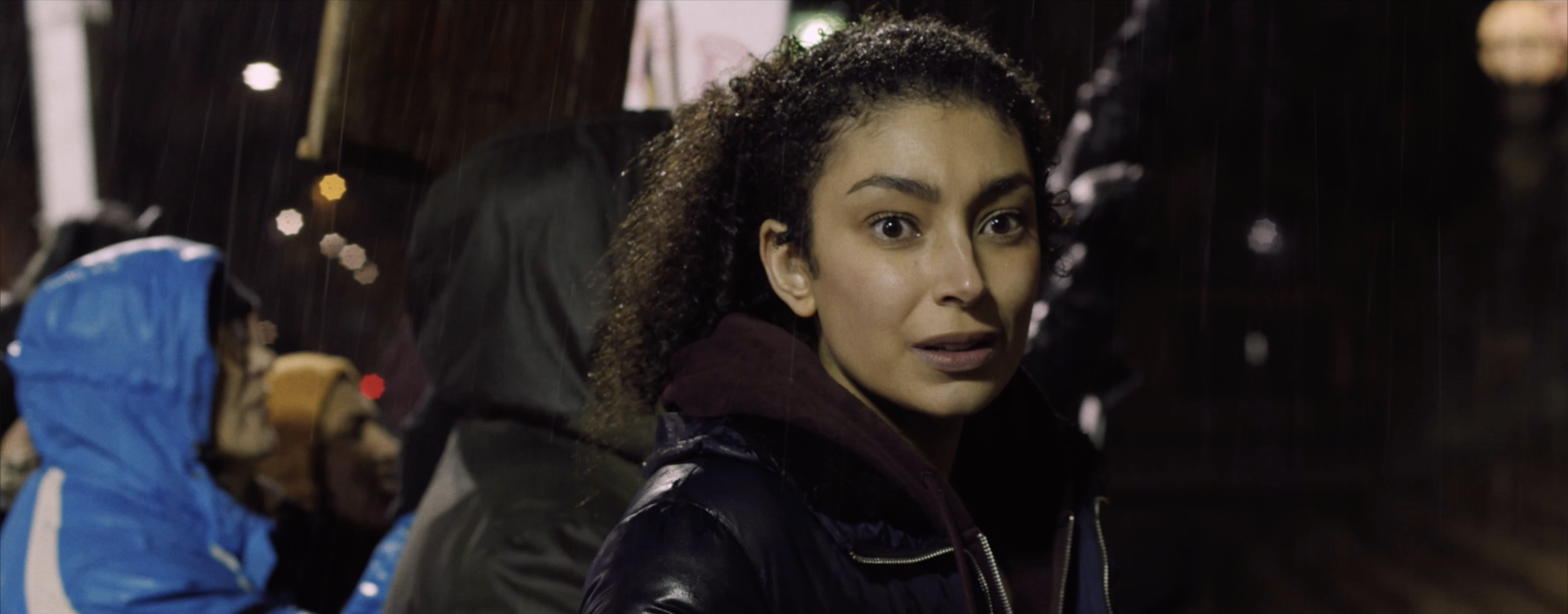What is there to say about the fevered dream that is Napoleon Disrobed?
It’s a strange mix of poignancy and physical comedy, a soup of ideas and thought processes, a story of uncertain footing, both metaphorically and actually, a wonderful psychotic break from real life, a palette cleanser for the mind, something so odd that one could spend days trying to undo its puzzle when there may not be a puzzle to be undone.
I went in blind to to this production. I had never heard of Simon Leys or his book The Death of Napoleon on which the show is based. The book imagines a Napoleon who switches places with a ship hand and tries to return to France, only to be thwarted, first by direction and disorganisation, then by the death of his stand-in, leaving Napoleon alone and without identity. Not knowing all this beforehand, or in fact much about Napoleon at all, didn’t stop me from enjoying the performance. In fact, I found it completely freeing to not quite understand the references and to take it entirely at face value.
But would I advise, at the very least, reading a review of Leys’s novel before seeing the play? It depends what you want from the experience. For me, as a Napoleonic virgin I found myself swept along by the movement, the strange interchanges between real life and the life of the ego, and the acceptance of time moving in a non-linear manner. I loved the acting, I loved the humour, I loved the audience participation, I loved the sheer wealth of good-natured, in-on-it jokes that came forth. I also loved the point when the audience is suddenly a part of the darker side of the story, when we find ourselves not quite knowing if what we are participating in is normal, nice or even what normal is. The rules constantly bend, break and are lost at sea. As an audience member, I was part of the show but never quite sure of myself because there is no place and time; an immortal life is no more realistic than the Chinese whispers that follow a person after their death. Greatness is everything, but really, what is it? A bicorn hat, a legend that doesn’t ring true? What is it like to see yourself reflected through the eyes of your followers and not be able to recognise who you are?
 This is not a show about Napoleon, this is a show about what it is to lose oneself, to see who are you without the trimmings that define you. Is it possible to live a happy, small life? So yes, there is a message beneath the slapstick madness, a warning in regards to ego, to the fabricated world that we all create for ourselves. The performance starts with a university challenge quiz, the facts are laid out, and slowly the idea of fact as concrete is unravelled, dissipated and knotted until we see that you can’t stand on a fact, it’s malleable, moveable, as is history, as is identity, as is purpose. None of it is real.
This is not a show about Napoleon, this is a show about what it is to lose oneself, to see who are you without the trimmings that define you. Is it possible to live a happy, small life? So yes, there is a message beneath the slapstick madness, a warning in regards to ego, to the fabricated world that we all create for ourselves. The performance starts with a university challenge quiz, the facts are laid out, and slowly the idea of fact as concrete is unravelled, dissipated and knotted until we see that you can’t stand on a fact, it’s malleable, moveable, as is history, as is identity, as is purpose. None of it is real.
The see-saw stage is wonderful; the acting by Ayesha Antoine, who comfortably switches between parts with a wry sense of humour and the Brum, is brilliant; Paul Hunter’s mastery of said tilting see-saw stage is wonderfully adept. But there were times when I lost the momentum in the performance, where there was just too much of a break from the ‘story’, where it went too Punch and Judy and not Godot enough for me. That said, this is an energetic, funny, poignant performance, it is cleverly structured and kept alive by a simple (yet not simple) set, and it is short enough not to be overwhelming.
Main image: Manuel Harlan












